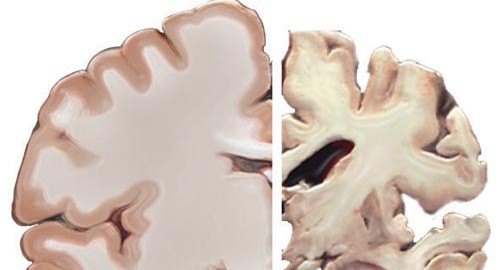The author of this article is a proud graduate of St. Petersburg College’s Bachelor of Applied Science in Dental Hygiene (BASDH) program, Barbara Hammaker, CRDH, BASDH, MHS. After graduating from our program, Barbara pursued further studies and attained her Master of Health Science degree from Nova Southeastern University. She has over 34 years of private practice experience and currently holds the position of lead instructor and program manager of Dental Hygiene at Broward College in Davie, Fla.
More than a Coincidence: Could Alzheimer’s Disease Actually Be Type 3 Diabetes?
Numerous studies have found a strong correlation between Alzheimer’s Disease (AD) and Diabetes Mellitus (DM), leading some to question if AD actually could be Type 3 Diabetes. Barbara Hammaker recently published an article in our professional dental hygiene journal, Access Magazine that explores this intriguing connection:
- Research has shown that people in the early stages of diabetes also exhibit signs of brain dysfunction. High levels of insulin resistance in the brain results in a reduced ability to use glucose to fuel normal brain function.
- Amyloid precursor protein gene, known to be involved in AD, affects the insulin pathway. Disruption of this pathway is a hallmark of DM.
- Post mortem samples of patients with AD had 80% fewer brain insulin receptors than those with normal brains
- Dental Hygienists as oral health care providers might be on the forefront in helping to assist with early detection of insulin resistance. Many patients visit their dental office more regularly than their physician (think of the twice yearly cleaning schedule)—and implementing chairside glucose monitoring could become an essential vital sign to help assess dental and medical risk factors.
Read this very informative article: http://pubs.royle.com/publication/?m=21156&l=1
If you are a dental hygienist and wish to complete your bachelor’s degree, our totally online program might be just the ticket! For further information please visit our website: http://www.spcollege.edu/dental-bas/


Fascinating. This seems a very appropriate function in advanced practice for the experienced dental hygienist.